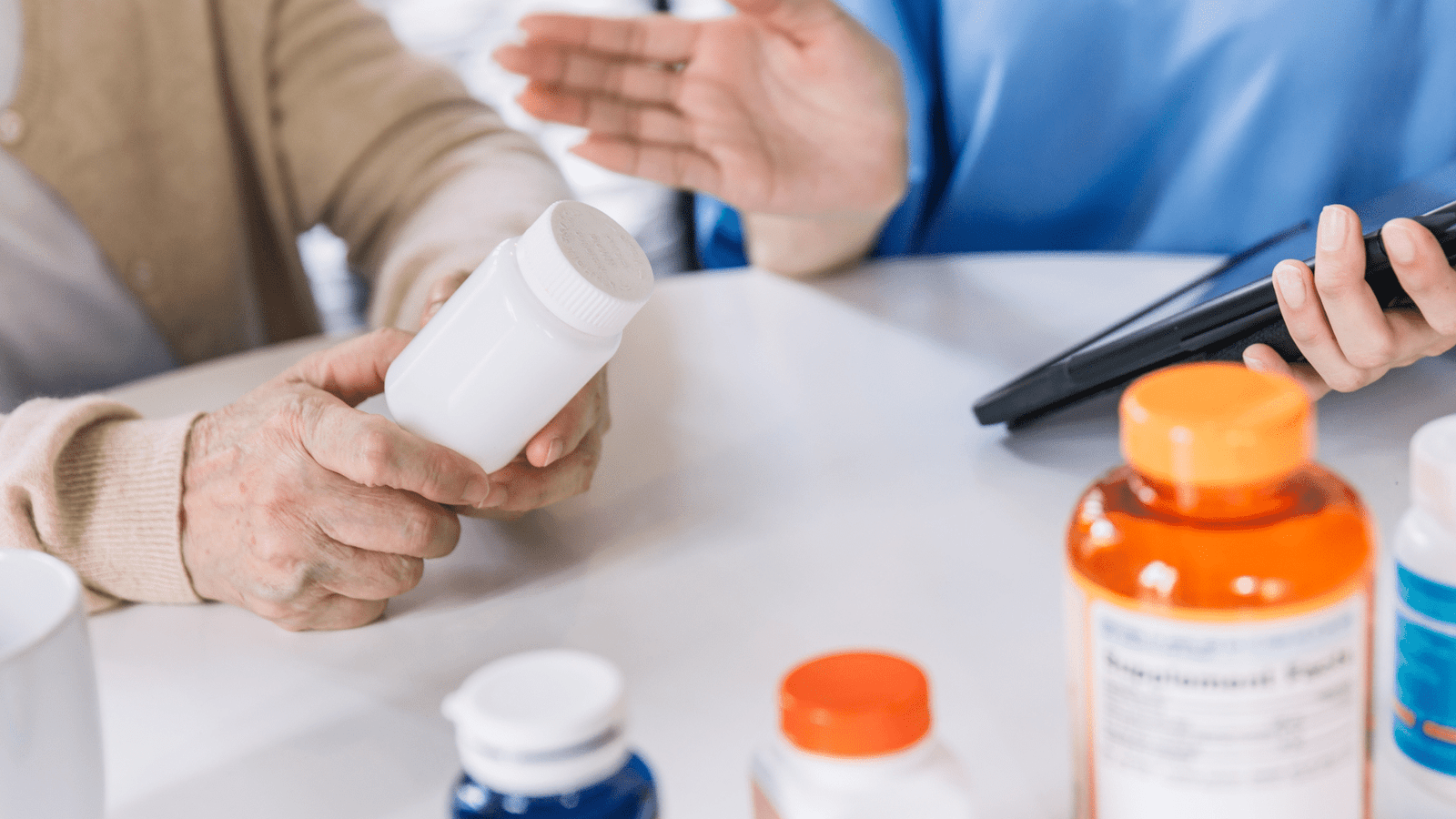Managing medications safely is essential for your health and well-being. Whether you are taking one prescription or multiple, following the right steps ensures that your treatment is effective and free of complications. Taking the time to learn how to manage medications safely can help you avoid dangerous interactions, missed doses, or other common issues. Let’s look at practical strategies to make medication management simple and effective.
Understand Your Medications
The first step in managing medications safely is to fully understand what you are taking. Know the name of each medication, its purpose, and how it works in your body. Ask your healthcare provider or pharmacist if you have any questions about the dosage, timing, or side effects. Having this knowledge allows you to use your medications confidently and correctly.

Follow Prescriptions Exactly
Always take medications exactly as prescribed by your doctor. This includes taking the correct dose at the right time and following any specific instructions, like taking a pill with food or avoiding certain drinks. Misusing medications, even accidentally, can reduce their effectiveness or cause harmful side effects. If you’re ever unsure, don’t hesitate to ask for clarification.
Create a Medication Schedule
Keeping track of your medications can be overwhelming, especially if you’re managing multiple prescriptions. A schedule can make this much easier. Write down the times and doses for each medication and place the schedule somewhere visible, like your refrigerator or nightstand. You can also use a pill organizer or set reminders on your phone to ensure you never miss a dose.
Store Medications Properly
Storing medications correctly is a crucial part of managing them safely. Most medications should be kept in a cool, dry place away from direct sunlight. However, some may require refrigeration. Always check the label or consult your pharmacist for storage instructions. Proper storage helps maintain the medication’s effectiveness and prevents accidental misuse by children or pets.
Avoid Mixing Medications Without Advice
Never mix medications without consulting your doctor or pharmacist. Some drugs can interact with others, leading to dangerous side effects or reduced effectiveness. This includes prescription medications, over-the-counter drugs, vitamins, and herbal supplements. Before starting anything new, double-check with a healthcare professional to ensure it’s safe.
Keep a List of Your Medications
Maintaining an up-to-date list of your medications is another way to manage them safely. This list should include all prescriptions, over-the-counter medications, and supplements you take. Share this list with your doctor during appointments to ensure they are aware of everything you’re using. It’s also helpful in emergencies, where healthcare providers need to know your medical history quickly.
Understand Possible Side Effects
Every medication comes with potential side effects. Familiarize yourself with these so you can identify any issues early. Common side effects, like nausea or drowsiness, might not require action, but severe reactions should be addressed immediately. If you experience anything unusual, stop taking the medication and contact your doctor right away.
Dispose of Medications Safely
When medications expire or are no longer needed, dispose of them properly. Avoid throwing them in the trash or flushing them down the toilet, as this can harm the environment. Many pharmacies and community centers have medication disposal programs. Using these services ensures your medications are discarded safely and responsibly.
Be Honest with Your Doctor
It’s vital to be open and honest with your doctor about your medication use. If you’ve missed doses, had trouble following instructions, or experienced side effects, let them know. They can adjust your treatment plan or provide advice to make it easier for you to manage your medications. Honest communication builds trust and ensures you receive the best care.
Educate Yourself Continuously
Finally, staying informed is key on how to manage medications safely. Keep learning about the medications you take, as well as general safety tips. Medical information changes over time, so staying updated helps you make the best decisions for your health. Trusted sources like your pharmacist, doctor, or reputable health websites are great places to start.
Conclusion
Managing medications safely is about understanding your prescriptions, staying organized, and following professional advice. By taking the right steps, you can reduce risks and make your treatment as effective as possible. Remember to communicate openly with your healthcare providers and take advantage of tools like medication schedules or organizers. With these strategies, you can confidently manage your medications and prioritize your health.











